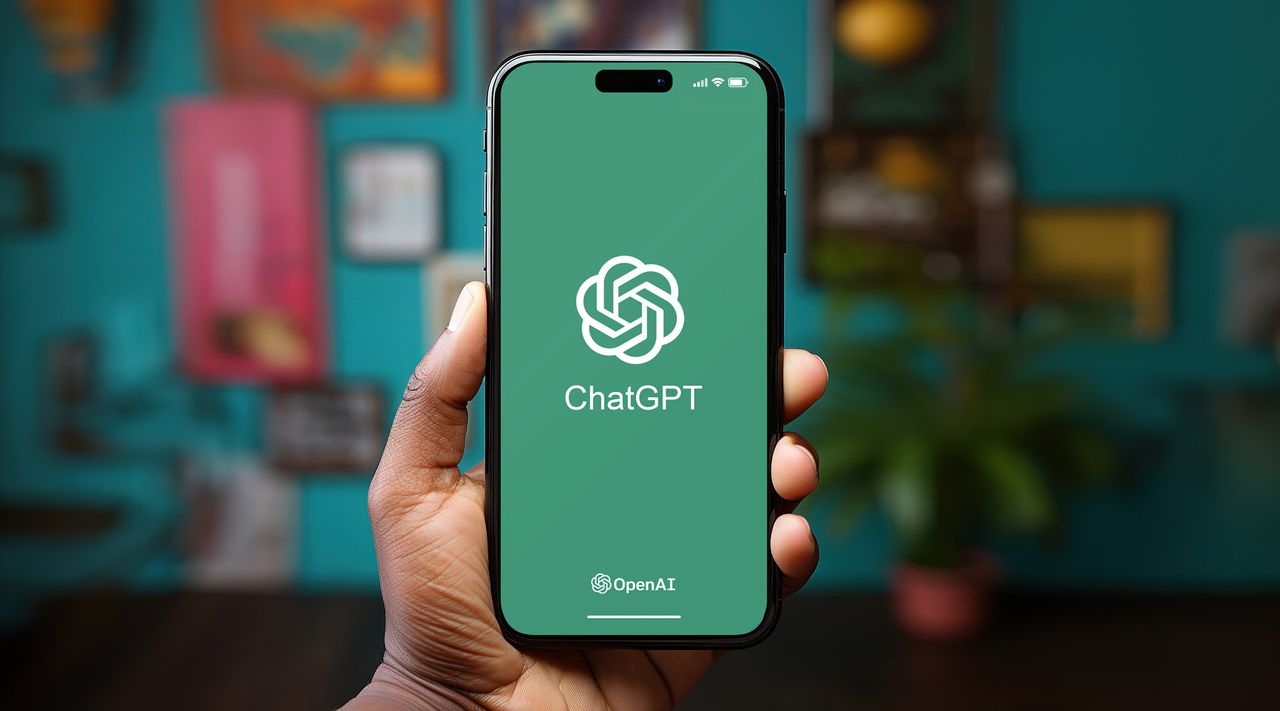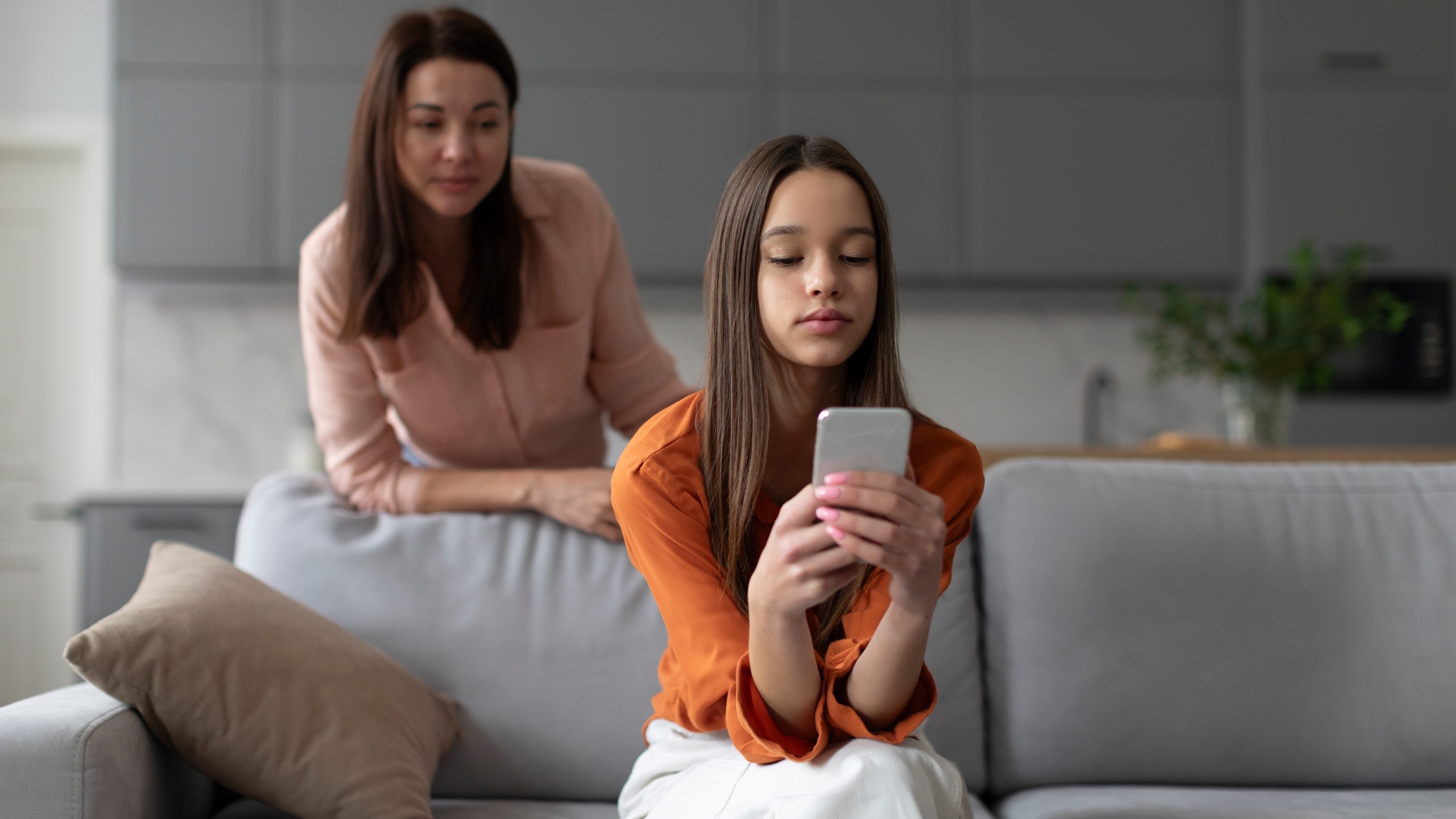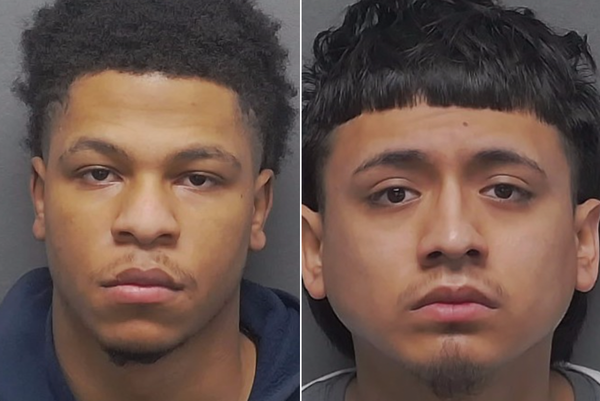
ChatGPT is currently developing an automated age-detection system that will be able to tell if a user is under 18. In some cases, where that can't be determined, the chatbot may ask some users to present an official ID as proof.
OpenAI, the company behind ChatGPT, is improving its parental controls and is coming under increasing pressure due to the high-profile case of 16-year-old Adam Raine, whose family alleges ChatGPT contributed to his suicide.
CEO Sam Altman has clarified in a blog post entitled Teen safety, freedom, and privacy, that: "ChatGPT is intended for people 13 and up."
"We’re building an age-prediction system to estimate age based on how people use ChatGPT," he wrote. "If there is doubt, we’ll play it safe and default to the under-18 experience. In some cases or countries we may also ask for an ID; we know this is a privacy compromise for adults but believe it is a worthy tradeoff."
In some cases or countries we may also ask for an ID; we know this is a privacy compromise for adults but believe it is a worthy tradeoff.
Sam Altman, OpenAI CEO
Altman goes on to explain that elements of ChatGPT's responses will be censored for teens, like flirtatious chat responses or discussions around self-harm. He says the company will prioritize safety ahead of privacy and freedom for teens, explaining that minors need "significant protection".
Finally, he adds that if a teenager does express suicidal thoughts to the chatbot, it will attempt to contact their parents and alert them. If that's not possible, ChatGPT will try to contact the authorities.
"We realize that these principles are in conflict and not everyone will agree with how we are resolving that conflict," Altman wrote. "These are difficult decisions, but after talking with experts, this is what we think is best and want to be transparent in our intentions."
Dr Brain Ramos, a neuroscientist and longevity researcher at Simply Nootropics, told Tom's Guide that OpenAI is making the right call.
“As a neuroscientist who specialises in longevity and holistic wellbeing, I welcome safeguards like age-prediction systems and parental controls," he told me via email.
"Teens’ brains are still developing, making them especially vulnerable to both the benefits and risks of AI. ChatGPT can be a helpful companion for lighter, more casual therapeutic conversations, helping with stress relief, reflection, or building healthy habits.
"But when it comes to deeper psychological struggles, particularly around self-harm or trauma, human professionals must always be consulted. Technology can support, but it should never replace, real therapeutic care.”
ChatGPT Parental controls — what's coming

ChatGPT's incoming parental controls will let parents link their own account to their teen's.
This enables them to apply settings on behalf of their child like setting "blackout hours" when they can't use the platform or disabling the chat history. By linking the accounts, ChatGPT will also be able to notify parents if it detects signs of worrying or potentially harmful behaviour through its interactions with the child.
My colleague, Amanda Caswell, is an AI editor and mom-of-three. Read her thoughts on AI's new parental controls and what she'd like to see from the company here.
Follow Tom's Guide on Google News and add us as a preferred source to get our up-to-date news, analysis, and reviews in your feeds. Make sure to click the Follow button!







